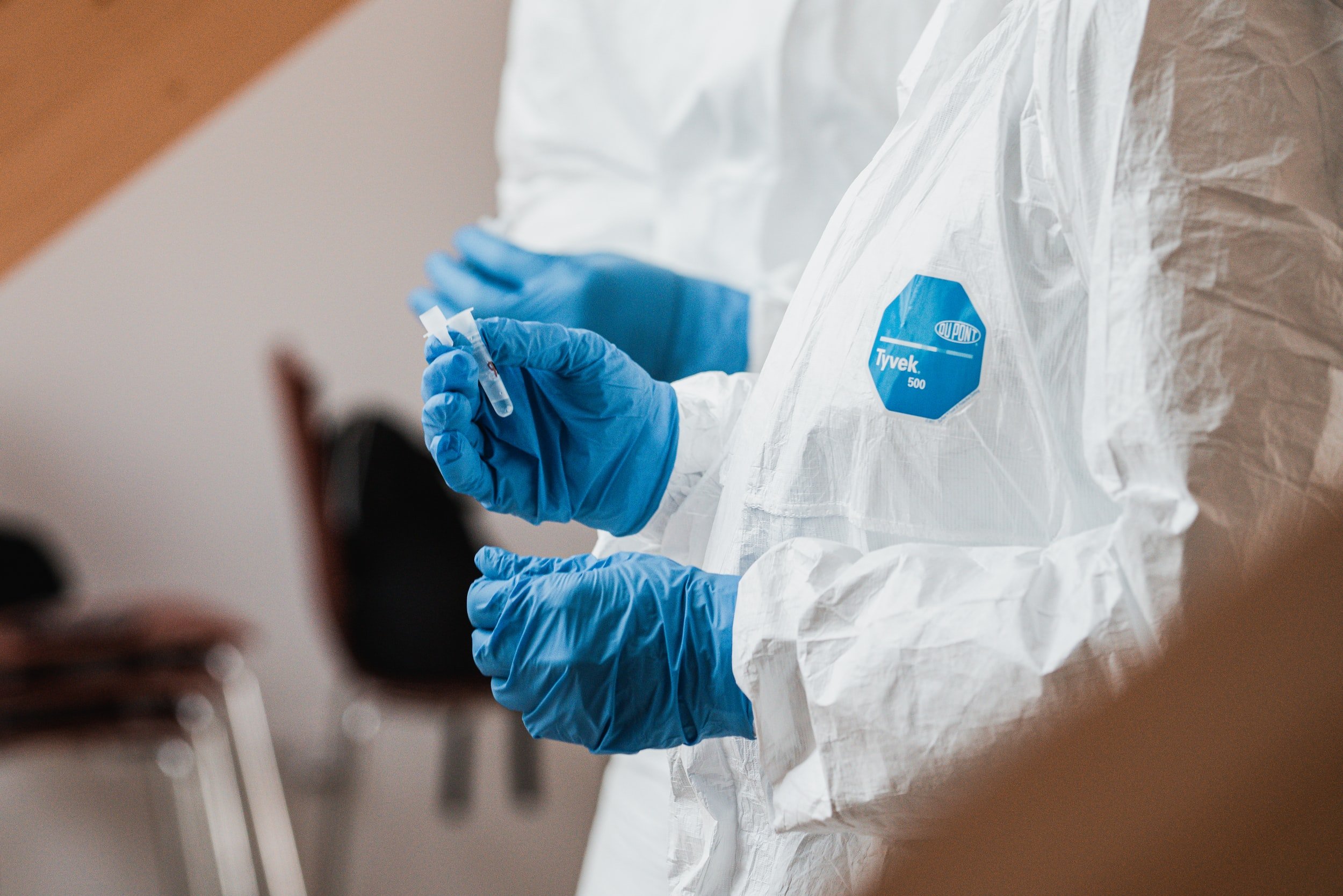The current coronavirus that has been in the news lately, more commonly known as COVID-19, is one of the biggest threats to human life in this age—with nearly 2 million confirmed cases and trailing with a death toll of more than 300,000. Governments all around the world have been seeking a way to resolve this issue, mainly relying on quarantine procedures and social distancing measures to decrease the infection rates.
Scientists and healthcare providers all over the world are still seeking a cure, but due to the rapidly advancing nature of this deadly pandemic, very little is still known about it. Due to the lack of information about the virus, attention has been placed on researching a vaccine to help wage this war against COVID-19.
Coronavirus Antibody Testing
In order to fill in information gaps, doctors and healthcare providers have been banking on antibody testing to reveal more about the virus. An antibody test—also known as a serology test—is the procedure of drawing up a sample of blood to check for antibodies to COVID-19. These proteins are built to fight particular viruses and hopefully form immunity against them.
Coronavirus antibody testing, in particular, aims to find two particular antibodies formed in the body to fight SARS-CoV-2—the initial virus that causes COVID-19. These antibodies are named IgM and IgG antibodies, with the former formulating earlier in the infection and the latter often after or towards recovery.
Can Antibody Testing be Used to Diagnose for COVID-19?
While the coronavirus antibody test can determine with a high degree whether you’ve been infected in the past, it isn’t recommended to rely on it for diagnosis of a current infection. Instead, the use of a test for active infection is more apt, this is typically collected with a nasal or throat swab. Antibodies to COVID-19 can take 1-3 weeks to become detectable in the blood.
What’s the Importance of Antibody Testing?
The added benefit of coronavirus antibody testing, as compared to the regular diagnostic tests, is to determine whether you’ve been exposed to the virus despite not showing symptoms. A number of cases of COVID-19 have been reported to be asymptomatic—meaning that they’re infected but don’t show symptoms. With this test, you can know if you ever had COVID-19 despite lack of symptoms or very mild symptoms.
In the bigger picture, however, more studies can be made about the antibodies to help develop an effective vaccine. While the body may create the IgG antibody, it is still not known for how long they exist in the body and how effective they are in fighting the disease.
Once more information is known about the virus, we would then have more resources to fight against the pandemic. Through the study of blood samples, scientists and healthcare providers can determine just how common the infection is and the associated public health implications.
Conclusion
The best way to fight the COVID-19 virus is to find as much information we can use against it. Utilizing antibody testing is one way to aid in the cause and protect the people around us as well.
Take note, however, that while coronavirus antibody testing can determine the presence of COVID-19 antibodies, it is not a viable choice for diagnostics. If you’re having symptoms of the disease, then seek proper diagnostic testing immediately.
Are you looking to undergo COVID-19 antibody testing in Oregon? We provide antibody testing for all ages. Please call or text to set up a quick screening appointment, and we’ll get you set up!

